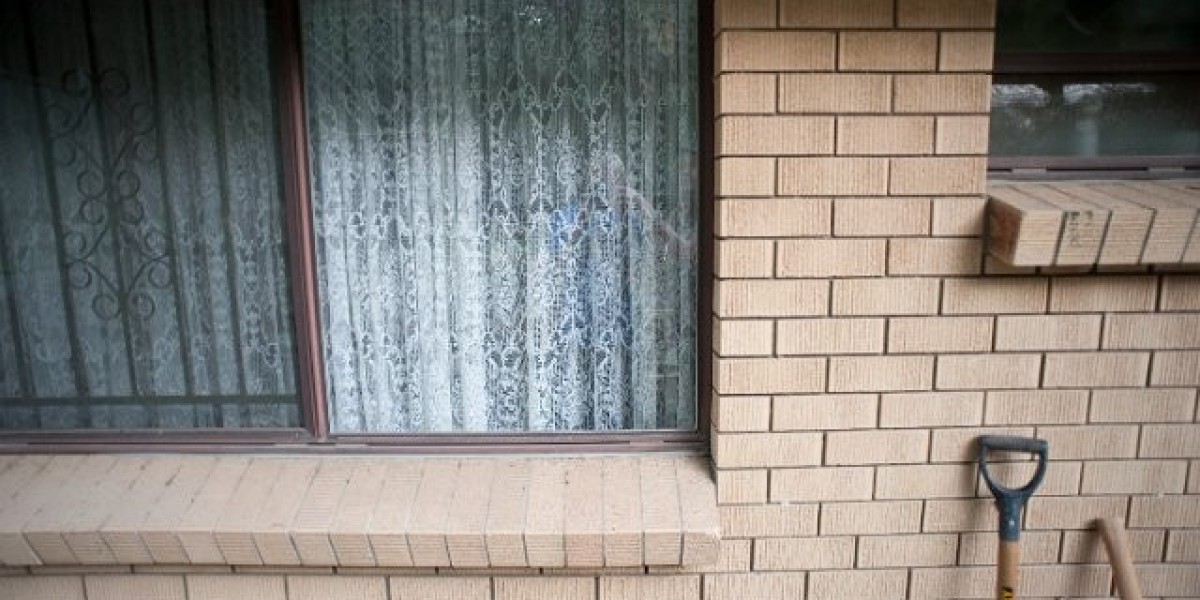Among the organized chaos of medical professionals in Birmingham, a young man named James Stokes carries himself with the measured poise of someone who has found his place. His oxford shoes whisper against the floor as he exchanges pleasantries with colleagues—some by name, others with the comfortable currency of a "hello there."
James carries his identification not merely as a security requirement but as a testament of acceptance. It rests against a neatly presented outfit that gives no indication of the difficult path that led him to this place.

What separates James from many of his colleagues is not immediately apparent. His demeanor gives away nothing of the fact that he was among the first participants of the NHS Universal Family Programme—an effort crafted intentionally for young people who have spent time in care.
"I found genuine support within the NHS structure," James says, his voice steady but carrying undertones of feeling. His remark summarizes the heart of a programme that seeks to reinvent how the massive healthcare system views care leavers—those frequently marginalized young people aged 16-25 who have emerged from the care system.
The statistics reveal a challenging reality. Care leavers frequently encounter greater psychological challenges, financial instability, accommodation difficulties, and reduced scholarly attainment compared to their age-mates. Underlying these cold statistics are human stories of young people who have maneuvered through a system that, despite best intentions, often falls short in delivering the supportive foundation that forms most young lives.
The NHS Universal Family Programme, launched in January 2023 following NHS England's promise to the Care Leaver Covenant, signifies a substantial transformation in institutional thinking. At its core, it accepts that the entire state and civil society should function as a "universal family" for those who haven't experienced the security of a conventional home.
Ten pathfinder integrated care boards across England have charted the course, creating frameworks that rethink how the NHS—one of Europe's largest employers—can extend opportunities to care leavers.
The Programme is meticulous in its methodology, beginning with detailed evaluations of existing policies, establishing oversight mechanisms, and garnering leadership support. It recognizes that meaningful participation requires more than noble aims—it demands tangible actions.
In NHS Birmingham and Solihull ICB, where James found his footing, they've created a reliable information exchange with representatives who can deliver help and direction on personal welfare, HR matters, recruitment, and equality, diversity, and inclusion.
The traditional NHS recruitment process—rigid and possibly overwhelming—has been intentionally adjusted. Job advertisements now highlight attitudinal traits rather than numerous requirements. Application processes have been redesigned to address the specific obstacles care leavers might face—from not having work-related contacts to facing barriers to internet access.
Possibly most crucially, the Programme understands that beginning employment can create specific difficulties for care leavers who may be navigating autonomy without the safety net of parental assistance. Matters like travel expenses, proper ID, and banking arrangements—assumed basic by many—can become substantial hurdles.
The elegance of the Programme lies in its attention to detail—from clarifying salary details to helping with commuting costs until that essential first payday. Even apparently small matters like rest periods and workplace conduct are carefully explained.
For James, whose professional path has "changed" his life, the Programme provided more than work. It provided him a sense of belonging—that elusive quality that grows when someone is appreciated not despite their history but because their particular journey enriches the organization.
"Working for the NHS isn't just about doctors and nurses," James comments, his gaze showing the modest fulfillment of someone who has secured his position. "It's about a collective of different jobs and roles, a group of people who genuinely care."
The NHS Universal Family Programme exemplifies more than an job scheme. It stands as a bold declaration that organizations can evolve to welcome those who have known different challenges. In doing so, they not only change personal trajectories but enhance their operations through the special insights that care leavers contribute.
As James navigates his workplace, his participation silently testifies that with the right assistance, care leavers can succeed in environments once considered beyond reach. The arm that the NHS has provided through this Programme symbolizes not charity but acknowledgment of untapped potential and the profound truth that each individual warrants a support system that believes in them.









